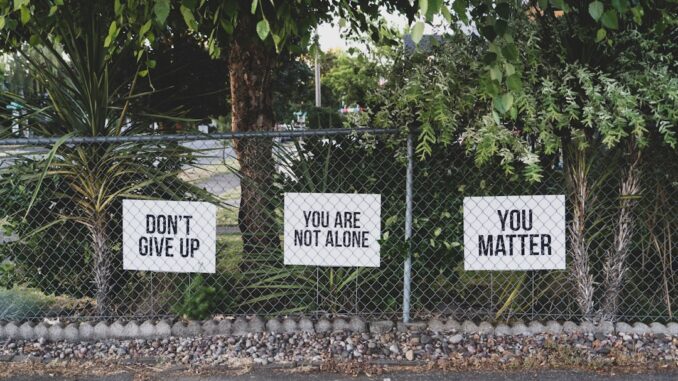
Summary
This article provides a comprehensive guide to staying motivated during opioid addiction recovery. It emphasizes the importance of setting realistic goals, building a support system, and celebrating milestones. By following these steps, individuals can navigate the challenges of recovery and achieve lasting sobriety.
** Main Story**
Staying motivated during recovery from opioid addiction? It’s absolutely crucial for long-term success. This journey, believe me, presents a whole host of challenges. But, by implementing effective strategies, you can maintain focus and commitment to sobriety. Let’s walk through some things that might really help you nail it.
Step 1: Define Your “Why”
- Identify those reasons: Really dig deep into why you’re seeking recovery. What negative impacts has addiction had on your life? What positive changes are you craving? I know, it’s heavy stuff, but writing down those motivations – personal goals, better relationships, a healthier lifestyle – it really solidifies things. Refer to this list often, especially when times get tough, and trust me they will. I’ve found that physically writing them down makes a bigger difference than typing them out, I don’t know why.
- Visualize the future: Close your eyes for a second, picture yourself free from addiction, crushing your goals, living a fulfilling life. It’s a powerful motivator, right? It helps during those really difficult moments. Seriously, take a few minutes each day to do this. You won’t regret it.
Step 2: Set Realistic Goals
- Break it down: Don’t get overwhelmed by the idea of lifelong sobriety. Instead, chop your recovery journey into smaller, manageable, steps. Aim to attend a certain number of support group meetings each week. Maybe focus on staying sober for just one day at a time. Remember that quote, “A journey of a thousand miles begins with a single step?” Yeah, it’s cliche, but it’s true.
- Track your progress: Keep a journal, use a recovery app, whatever works for you to monitor your achievements. That way you’ll get a visual representation of how you’re doing, it’ll reinforce your commitment, and it’ll give your self-esteem a nice boost.
- Be kind to yourself, alright? Recovery isn’t linear; it’s not a straight line to the top. Setbacks can happen. Don’t be disheartened. If, and it’s a big if, you experience a relapse, just view it as a learning opportunity. Recommit to your goals. You got this.
Step 3: Build a Solid Support Network
- Connect with those who get it: Surround yourself with people who understand and support your recovery. This might include family, friends, therapists, support group members… share your struggles and, importantly, your successes with them.
- Seek professional guidance; you don’t have to go it alone: Therapists and counselors? They can provide invaluable support and tools to help you navigate the challenges. They can offer evidence-based strategies for managing cravings, coping with triggers, and developing healthy coping mechanisms. I remember one counselor I worked with had this incredible way of reframing negative thoughts, really helped me get through some tough times.
- Engage in peer support too: Attend support groups or online forums, connect with others facing similar challenges. Because sharing experiences and offering encouragement to one another? It significantly enhances motivation and resilience. You’ll find you’re not alone in this. People need people, its just the way it is.
Step 4: Practice Self-Care
- Prioritize YOU: Take care of your physical and emotional well-being. Engage in activities that nurture your overall health. Regular exercise, a balanced diet, decent sleep, mindfulness practices, hobbies you enjoy… all crucial.
- Manage stress, because it is the silent killer: Stress is a common trigger for relapse. Develop healthy coping mechanisms for managing it. Meditation, deep breathing exercises, maybe spending some time in nature. Whatever chills you out.
- Reward yourself for progress: Celebrate milestones, even the tiny ones! Acknowledge and appreciate your efforts. Positive reinforcement? It helps you stay motivated and committed to the recovery journey, doesn’t it?
Step 5: Embrace New Habits
- Replace unhealthy habits: Fill the void left by addiction with positive activities. Explore new interests, develop healthy routines, and engage in activities that bring you joy and fulfillment. I started learning to play the guitar, and it’s been a game changer, a great distraction and something I can focus on.
- Focus on growth, its always good: Recovery is an opportunity for self-discovery and transformation. Embrace it by setting personal development goals, learning new skills, and pursuing your passions. What makes you tick? Now is the time to find out.
- Maintain a positive mindset: Cultivate a sense of gratitude and optimism. Focus on the positive aspects of your life and your recovery progress. It can make you more resilient. Keeping that positive outlook is key, it boosts motivation no end.


Be the first to comment